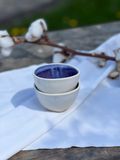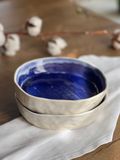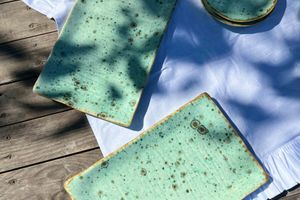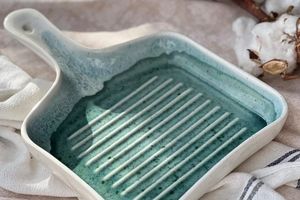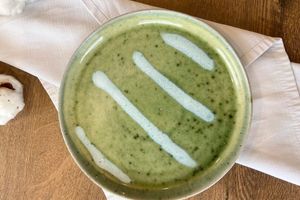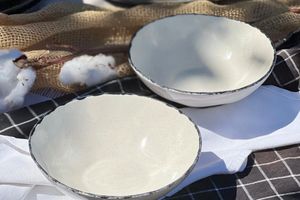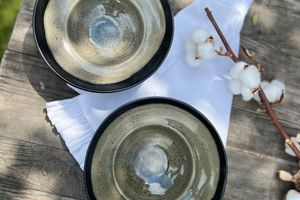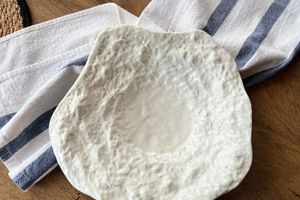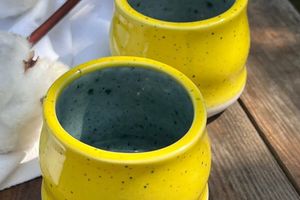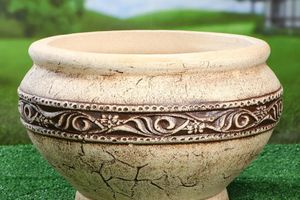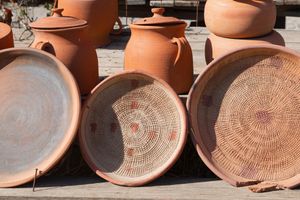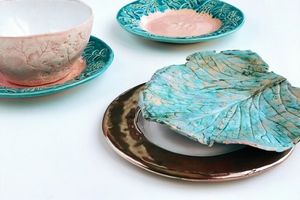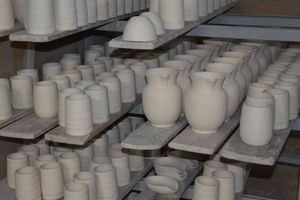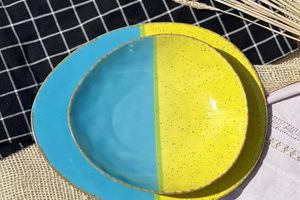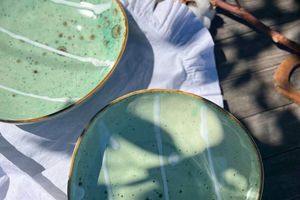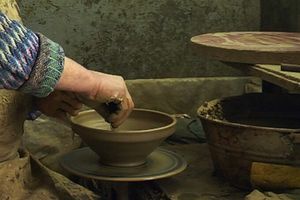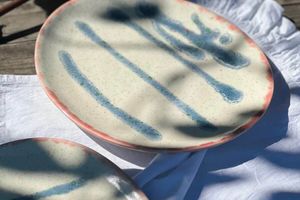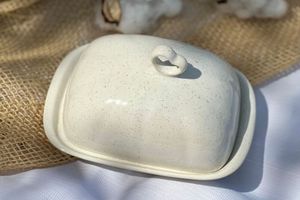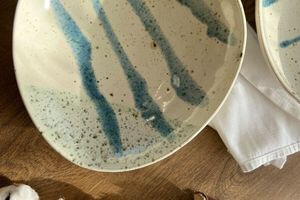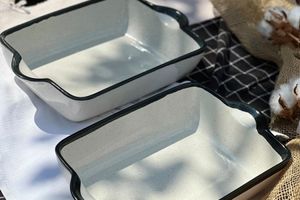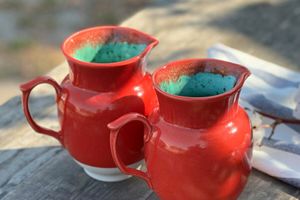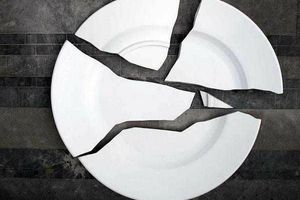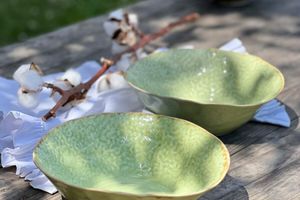Ceramic dishes have many advantages compared to other materials, and one of them is non-toxicity and the absence of harmful substances. This makes ceramic a safe choice for cooking and storing food. Let's consider why ceramics are considered non-toxic and what properties make them safe for human health.
Why ceramics are non-toxic
1. Natural materials
Ceramic cookware is made from natural materials such as clay, sand and minerals that do not contain toxic chemical compounds.
Raw materials: Clay is the main component of ceramics and is a natural material that does not harm health.
Absence of harmful impurities: No synthetic materials or chemical additives are used in the production process, which can release harmful substances.
2. Safety during cooking
Ceramic dishes are safe for cooking, as they do not emit harmful substances when heated.
Thermal resistance: Ceramics can withstand high temperatures without changing their properties.
No reactions with food: Unlike some metals, ceramics do not interact with acids and other components of food, which preserves the natural taste of products.
3. Glaze safety
Ceramic cookware is often covered with a glaze that gives it a shiny look and makes it waterproof. Modern technologies make it possible to create glazes without the content of toxic substances.
Free of lead and cadmium: In the past, some glazes may contain lead or cadmium, but modern standards prohibit the use of these elements in glazes intended for food contact.
Quality control: Ceramic manufacturers conduct glaze safety testing to ensure the absence of harmful substances.
4. Absence of microplastics
Unlike plastic dishes, ceramics do not contain microplastics that can enter food and the human body.
Ecological purity: Ceramics is a natural material that does not break down into microparticles that can pollute the environment and get into food.
Preserving health: Using ceramic dishes eliminates the risk of consuming microplastics, which can have a negative impact on health.
Advantages of using non-toxic ceramic dishes
1. Safety for health
Ceramic cookware does not contain harmful substances that can affect human health, which makes it an ideal choice for cooking.
Preservation of taste: Ceramics do not change the taste of products and do not emit dangerous compounds when heated.
Hypoallergenicity: Natural materials used in ceramics reduce the risk of allergic reactions.
2. Resistance to odors and stains
Ceramics do not absorb odors and stains, which ensures ease of care and food storage without unwanted flavors.
Ease of cleaning: The smooth surface of ceramic cookware makes it easy to wash after use without leaving any traces of food.
Preservation of freshness: Food preserves freshness and taste, as the ceramic does not interact with the ingredients.
3. Durability and economy
Ceramic dishes serve for a long time, retaining their properties even with intensive use.
Durability: Ceramic is resistant to scratches and cracks, which ensures a long service life.
Savings: The durability of ceramic cookware means that it does not need to be replaced often, which saves money on the purchase of new products.
How to choose non-toxic ceramic dishes
1. Check the quality
When choosing ceramic dishes, pay attention to its quality and the reputation of the manufacturer.
Certification: Make sure that the products have quality certificates and meet international safety standards.
Reviews: Read the reviews of other buyers to ensure the quality and safety of the products.
2. Avoid suspiciously cheap products
Very cheap ceramic dishes can be made using low-quality materials and contain harmful substances.
Brand reputation: Choose products from well-known manufacturers who guarantee the quality of their products.
Glaze quality: Make sure that the glaze does not contain lead or other harmful components.
3. Pay attention to the integrity of the product
Make sure the ceramic cookware is free of cracks or defects that could affect its safety and durability.
Pre-Purchase Inspection: Carefully inspect products for visible damage before purchase.
Testing for sound defects: A light tap on the surface can reveal hidden cracks (listen to the sound, it should be clear and ringing).
Conclusion
Ceramic cookware is a safe and environmentally friendly choice for cooking due to its non-toxicity and absence of harmful substances. It is made of natural materials, does not contain harmful chemical impurities and does not emit toxins when heated. The use of ceramics allows you to preserve the natural taste and quality of food, reducing health risks. By choosing ceramic dishes, you are making a choice in favor of a safe and environmentally friendly life.

